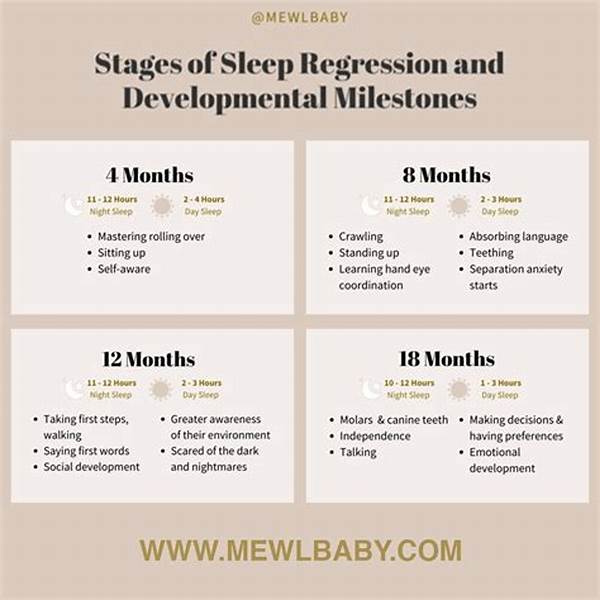Every parent relishes the moment when their baby starts sleeping through the night—a full eight hours of peace without the midnight cries. It’s a milestone that many parents eagerly anticipate. However, just as you begin to enjoy waking up refreshed, your baby might throw you a curveball—a baby sleep regression. Picture this: your little one suddenly starts waking up in the middle of the night, their soothing lullabies now replaced with urgently demanding cries. It’s enough to have any parent questioning their nighttime routine.
Read More : How To Help A Baby Sleep Through The Night?
To many new parents, the term “baby sleep regression” might be new, but this phase is as common as it is perplexing. Imagine it as a rite of passage in the challenging yet rewarding journey of parenthood. Baby sleep regression often creeps in when you least expect it, wrecking the perfect nighttime routine you painstakingly established. Yet, understanding it is the first step to navigating through this stormy sea of disrupted sleep schedules.
Sleep regression typically coincides with significant developmental milestones. Whether it’s the baby’s first steps or new tooth, these exciting advancements can sometimes interfere with the tranquil peace of the night. But fret not—this phase, albeit temporary, is an insightful peek into your growing baby’s world. It signals their brain’s bustling activity and offers parents a chance to adapt and grow along with their infant.
After all, the irony of baby’s restless nights is that they are often signs of progress. The baby’s mind is a wonder—a beautiful, intricate machine at work, processing newfound motor skills or cognitive leaps. The key is awareness, preparation, and understanding, promoting a smoother transition through this natural phase. So, as parents, how can you effectively manage a baby sleep regression when it dawns on you?
Understanding the Science Behind Baby Sleep Regression
The science behind baby sleep regression is tied to developmental spurts. As babies gain new skills, like crawling or talking, their sleep can be disrupted. This period is frustrating, yes, but also a powerful testament to their growth.
